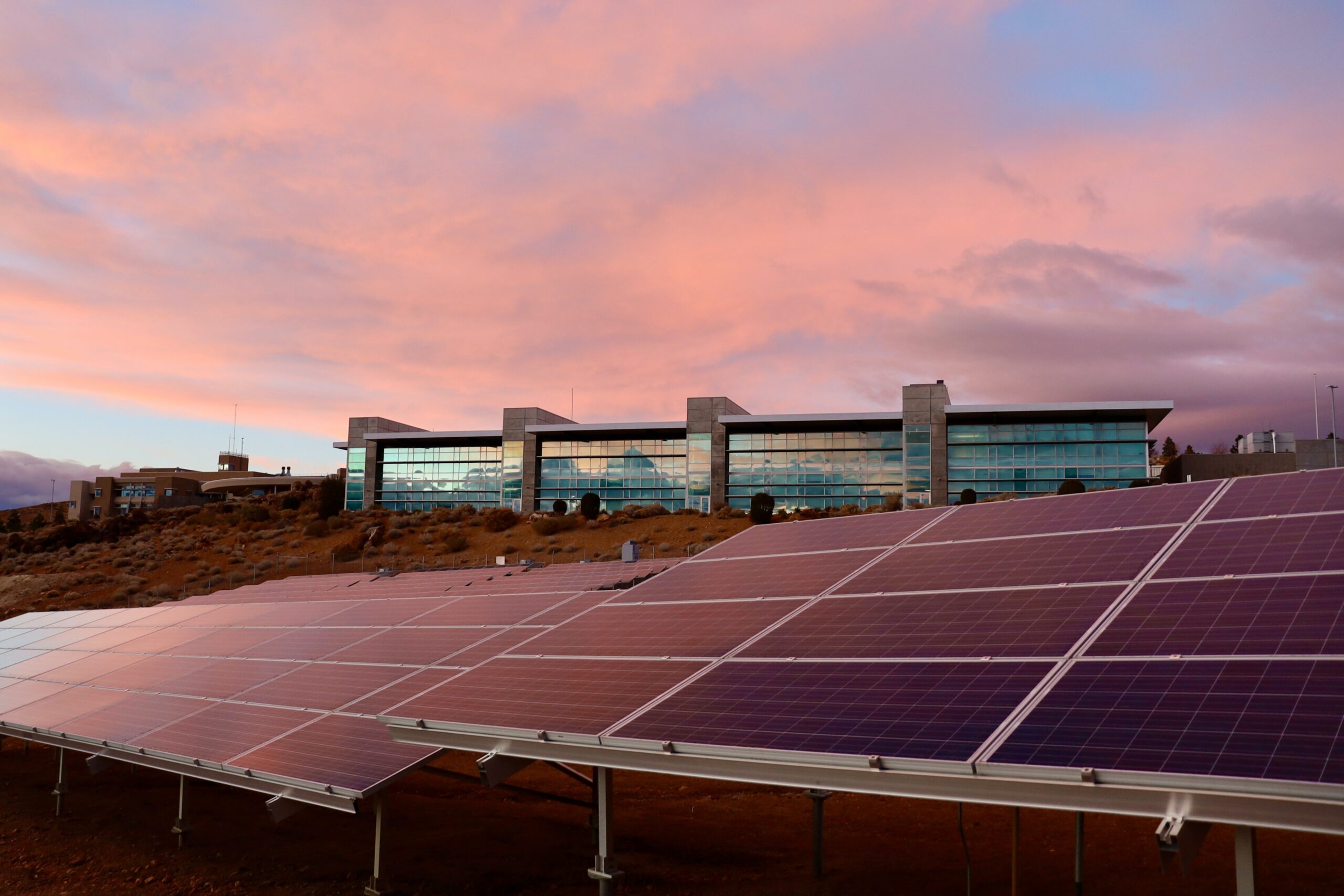Welcome to our exploration of solar energy and its environmental impacts! Solar energy is a form of renewable energy that is becoming increasingly popular due to the need for more sustainable sources of power.
In this article, we will discuss the different types of solar energy available, as well as the environmental impacts of solar energy.
We’ll also look at some potential solutions for reducing these effects on nature and creating a cleaner future for generations to come. Whether you’re a budding scientist or an 8th grader looking to learn about solar power in school, by the end of this article you should
- Introduction to Solar Energy
- Types of Solar Energy
- Benefits and Advantages of Solar Power
- Environmental Impacts of Solar Energy
- Negative Impacts on Nature from Solar Power Plants
- Solutions for Reducing Environmental Impact from Solar Power Plants
- Conclusion: Is Solar Energy Really Bad for the Environment?
Introduction to Solar Energy
Solar energy is a renewable source of energy that can be used to power your home, business or just about anything else. It works by capturing the sun’s rays and converting them into electricity.
Solar panels are becoming increasingly popular due to their environmental benefits, cost-effectiveness and efficiency in generating clean electricity.
Exploring solar energy as an alternative option is a great way to reduce your carbon footprint while saving money on your utility bills.
Types of Solar Energy
There are many different types of solar energy to choose from. Photovoltaic technology is the most common type, which converts sunlight into electricity using panels made up of photovoltaic cells.
Solar thermal power systems can also be used to generate heat and steam for industrial applications or to produce hot water for residential use. Solar architecture takes advantage of natural daylighting techniques that minimize energy consumption in buildings by redirecting direct sunlight inside them.
Finally, concentrated solar power (CSP) systems use mirrors and lenses to concentrate solar radiation onto a small area where it is converted directly into electrical or thermal energy.
Benefits and Advantages of Solar Power
In additional to limited environmental impacts of solar energy, the benefits and advantages of solar power are numerous. One benefit is that it can reduce your electricity bills by up to 50%. Another advantage is that it has a low environmental impact due to the lack of emissions from its use. And lastly, there is no need for fuel as the sun provides all the energy needed for free!
You can read more about benefits of the solar power here.
Environmental Impacts of Solar Energy
The environmental impacts of solar energy is far less than other forms of power generation. Solar energy does not produce any air pollution, water pollution, or greenhouse gases. It also requires minimal land use and can be set up in a variety of locations including rooftops and open fields.
Additionally, because it relies on the sun for power, it reduces our dependence on fossil fuels.
Negative Impacts on Nature from Solar Power Plants
Solar power plants can have negative impacts on nature, but the extent of the damage is often overstated. Solar facilities do cause some loss of habitat, primarily due to the land taken up by them and associated infrastructure.
Additionally, they also require water for cleaning solar panels which can be a strain on local resources in dry regions. The wildlife that lives around these power plants may also be affected by noise pollution and other environmental changes caused by their construction.
Solutions for Reducing Environmental Impact from Solar Power Plants
Solar power plants are one of the most reliable and efficient sources of renewable energy. But like any other form of energy production, it does produce some environmental impact.
Solutions for reducing these impacts include using photovoltaic panel materials that require less water and inputs during manufacturing; improving wind turbine technologies to reduce noise levels; optimizing land use by using multiple solar installations on a single plot or in an area with existing infrastructure; and utilizing reflective surfaces to minimize heat gain from the sun’s rays.
Conclusion: Is Solar Energy Really Bad for the Environment?
In conclusion, the answer to this question is a bit more complex than it appears. The use of solar energy can have both positive and negative impacts on the environment depending on how it is produced and used. While some aspects are harmful, others are beneficial to the planet.
Ultimately, it’s up to us as individuals and communities to make sure that any potential environmental harms associated with solar energy are minimized or avoided altogether.
If you found this article insightful, you should absolutely check out other articles on how you can use the solar energy effectively for various purposes (homes, vehicles, etc.).
